
A Federal Aviation Administration Part 141 Program
The Instrument pilot rating course is for students who have completed the Private Pilot Certification Course or the Commercial Pilot Certification Program that will allow the student to obtain the knowledge, skill, and aeronautical experience necessary to meet the requirements to operate an aircraft in instrument meteorological conditions in accordance with Federal Aviation Administration regulations. This course is based on the minimum time requirements of Federal Regulations. Time and hours over and above these minimums will be charged at school published rates.
CPT Work Authorization: up to 6 months of paid instructor work after MEI
OPT Work Authorization: up to 12 months of paid work anywhere in the U.S.
We are not asking for payments upfront. You will start paying for training when your visa is approved and you arrived in USA.
An Instrument Rating (IFR) is a vital qualification for any pilot aiming to expand their aviation skills and enhance flight safety. This advanced certification allows pilots to navigate aircraft using instruments alone, without relying on visual references—a crucial skill when flying in clouds, low visibility, or adverse weather conditions.
At Pelican Flight School, we offer a comprehensive FAA Part 141-approved program designed to develop proficiency in instrument flying. Our structured training course combines theoretical knowledge with hands-on practice, preparing you for safe operations in instrument meteorological conditions (IMC). From mastering advanced navigation techniques to understanding emergency procedures, this program ensures you're equipped to handle the challenges of controlled airspace and busy traffic environments.
Located in sunny Florida, our school provides ideal year-round flying conditions, modern aircraft, and experienced instructors. With our efficient and safety-focused approach, you'll gain the confidence to take on new challenges, whether for personal or professional growth.
Join us to achieve your Instrument Rating and unlock the next level of your aviation journey.
The Instrument Pilot Rating (IFR) is a specialized certification that allows pilots to operate aircraft solely by referencing cockpit instruments. This skill is essential for navigating through clouds, low visibility, or adverse weather conditions, where visual navigation is impossible.
Unlike Visual Flight Rules (VFR), which rely on clear skies and direct visual references, IFR operations provide a controlled framework for safe flight under limited visibility. Pilots with an instrument rating can confidently manage navigation, controlled approaches, and safe landings in busy airspace or challenging conditions.
Obtaining an IFR certificate is a significant milestone in both recreational and professional aviation. For private pilots, it ensures greater flexibility and safety, enabling long-distance cross-country flights in different weather. For aspiring professionals, it is a mandatory step toward advanced certifications such as the Commercial Pilot License (CPL) or Flight Instructor Ratings (CFII).
At Pelican Flight School, we prepare students to meet FAA requirements, ensuring their readiness for real-world instrument operations. Our course includes ground instruction on navigation procedures, weather analysis, and emergency operations, complemented by flight training with experienced instructors. The result? Confidence and competence to excel in instrument flying.
To enroll in the Instrument Pilot Rating course, students must meet specific eligibility requirements set by the FAA and Pelican Flight School to ensure readiness for advanced training:
| Requirement | Description |
|---|---|
| FAA Medical Certificate | A valid medical certificate is mandatory, confirming the physical and mental fitness required for safe flight operations. |
| Pilot Certification | Students must hold a Private Pilot License (PPL) or Commercial Pilot License (CPL). |
| English Proficiency | Fluency in English is essential for understanding aviation procedures, communicating with air traffic control, and meeting international aviation standards. |
In accordance with FAA regulations, pilots pursuing the Instrument Rating checkride must have a minimum amount of Pilot-in-Command (PIC) flight hours, including specified cross-country experience. Under Part 141, certain requirements may be integrated into the curriculum; however, we recommend ensuring you have sufficient PIC and cross-country hours or planning additional flight time if necessary. If you currently fall short of these requirements, our instructors will develop a customized plan to help you meet the FAA standards before your final examination, ensuring you are fully prepared for a successful checkride.
At Pelican Flight School, we adhere to strict FAA requirements, ensuring all students have the necessary foundation for success in instrument flying.
The Instrument Pilot Rating course at Pelican Flight School provides a structured and efficient pathway to mastering instrument flying. Designed under the FAA Part 141 curriculum, this program combines ground school, practical flight training, and comprehensive exam preparation to ensure students meet all regulatory requirements.
Ground School (30 Hours):
Flight Training (35 Hours Total):
Simulator Training (14 Hours): Practice maneuvers, approaches, and emergency procedures on the AATD ALX simulator in a controlled environment.
Dual Flights (21 Hours): Train with an experienced instructor on the Cessna 172, focusing on real-world instrument operations such as controlled approaches, navigation, and landings.
Final Preparation:
Pre- and Post-Flight Briefings (10 Hours): Detailed instruction to refine skills and ensure readiness for the checkride.
FAA Exam (1 Hour): Includes aircraft rental for the practical test, fully covered within the program.
Additional Benefits:
Renter’s insurance, fuel surcharges, all applicable taxes, and the admission fee are included in the course cost.
Course Duration:
The program typically takes 1–2 months, depending on the student’s schedule and learning pace. With year-round flying conditions in Florida, students can efficiently complete the program and gain their instrument rating in optimal time.
An Instrument Rating (IFR) is a pivotal qualification that significantly enhances a pilot's operational capabilities and opens doors to advanced aviation opportunities. This certification enables precise and safe flight operations in adverse weather conditions, including low visibility, heavy clouds, and restricted visual cues, ensuring reliability in situations where visual navigation is insufficient.
With an IFR, pilots gain access to controlled airspace, allowing seamless navigation along cross-country routes and through complex traffic environments while adhering to Instrument Flight Rules. This rating is essential for advancing into commercial aviation, as it provides the foundational skills required for roles demanding proficiency in instrument procedures and complex aircraft operations.
For those seeking a professional edge or simply looking to elevate their aviation skills, the Instrument Rating ensures readiness to handle more demanding scenarios with precision, safety, and confidence, paving the way for both personal growth and career advancement.

Obtaining your Instrument Pilot Rating at Pelican Flight School is a straightforward process designed to ensure both mastery and proficiency. Follow these essential steps to achieve your certification:Н
At each step, Pelican Flight School ensures personalized guidance and support to prepare you for success in your instrument rating journey.
Yes, now is one of the ideal times in history to become a pilot. The global aviation industry is experiencing a significant pilot shortage, with airlines urgently seeking well-trained, qualified professionals to meet growing travel demand.
This shortage has created exceptional opportunities for aspiring pilots, including faster career progression, higher salaries, and increased job security. In the United States, airlines are offering competitive pay packages and signing bonuses.
Beyond financial rewards, becoming a pilot offers a dynamic, respected career filled with travel, personal growth, and adventure. With the right training program and support, your path to the cockpit can begin today — and the demand for skilled pilots means your future in aviation has never looked brighter. Start your journey now and take advantage of this historic window of opportunity.
At Pelican Flight Training in Pembroke Pines, Florida, the time it takes to become a commercial pilot depends on several factors — including what licenses you already hold, the licenses you wish to obtain, and the visa program you are interested in (F-1 or M-1).
In general, training duration can range from a few months to over a year, depending on your starting point and training frequency.
For a more accurate timeline tailored to your goals, we recommend submitting a request through our website so we can provide detailed guidance based on your individual profile.
At Pelican Flight Training, we can say that the demand for pilots has been consistently strong in recent years. The aviation industry is experiencing a significant need for qualified pilots due to factors such as the growth of air travel, retirements of current pilots, and the expansion of airlines.
However, for the most accurate and up-to-date information on pilot demand, we recommend checking industry reports or reaching out to us directly through our website. We're here to help with any other questions you may have about our training programs or the aviation industry!
The cost of Part 141 training can vary based on the specific program and the type of training you are pursuing. At Pelican Flight Training, we offer a range of programs, and it's better to review our pricing details directly on our website or submit a request for more information.
Please feel free to visit our site or contact us for a detailed breakdown of costs related to the Part 141 training programs.
At Pelican Flight Training, we often receive questions about the differences between Part 141 and Part 61 flight training programs, especially in relation to airline preferences. Generally, airlines do not have a strict preference for one over the other. Both training paths are valid, and pilots from both types of programs can be hired by airlines.
However, many airlines may favor candidates who have completed a Part 141 program due to its structured curriculum and regulatory oversight, which can provide a more standardized training experience.
That said, what matters most to airlines is the overall quality of training, flight experience, and the pilot's ability to demonstrate their skills and knowledge during the hiring process.
If you have more specific questions or need further clarification on this topic, please feel free to submit an inquiry through our website, and we would be happy to assist you!
Choosing the right flight school is a critical step toward earning your airplane instrument rating and advancing your aviation skills. At Pelican Flight School, we pride ourselves on offering exceptional training under the FAA Part 141 curriculum, ensuring structured, efficient, and safety-focused instruction.
Our state-of-the-art facilities include a modern fleet of Cessna 172 aircraft and advanced simulators such as the AATD ALX, providing students with hands-on experience in both real-world flying and simulated instrument operations. These tools allow you to master complex navigation procedures, controlled approaches, and emergency responses with precision.
Located in sunny South Florida, Pelican Flight School benefits from ideal weather conditions, enabling year-round flight training. Students can complete their airplane instrument rating program without delays, taking full advantage of the region’s diverse airspace and proximity to major airports.
With highly experienced and dedicated instructors, we offer a personalized approach to learning, tailored to meet the unique needs of each student. From ground school to the final checkride, our team is committed to helping you succeed.
Take the next step in your aviation journey. Join Pelican Flight School today and achieve your Instrument Rating!
Pelican Flight School, based in South Florida, offers one of the most comprehensive flight training programs in the region, taking full advantage of the state’s favorable weather conditions. Operating out of North Perry Airport, the school benefits from the consistent winds and clear skies, ensuring that students maximize their flying hours year-round. Florida’s location also offers a unique learning environment, with proximity to major airports like Miami, Fort Lauderdale, and Opa-Locka, giving students invaluable experience in navigating busy airspaces. With over 30 years of experience, Pelican Flight School is recognized for its focus on safety, high-quality instruction, and personalized training programs for both beginners and seasoned pilots. Whether you are converting a foreign license or starting from zero hours, our Florida-based flight school provides everything you need to succeed in aviation.
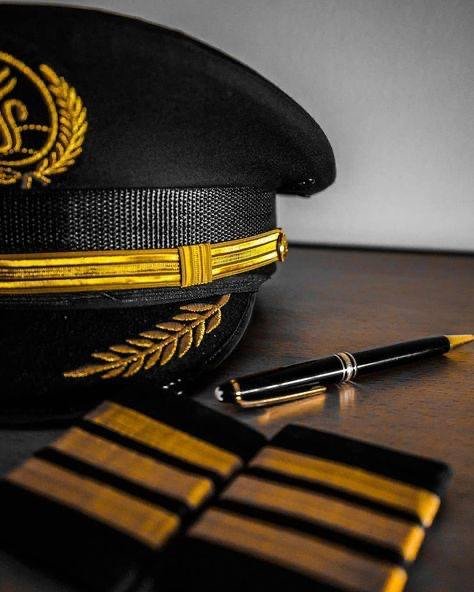
FROM ZERO TO AIRLINE PILOT Commercial Pilot License in 10-15 months / Price $83,950 – Pay after visa approval
Get Commercial Pilot License based on 2 types of training visas M1/F1:
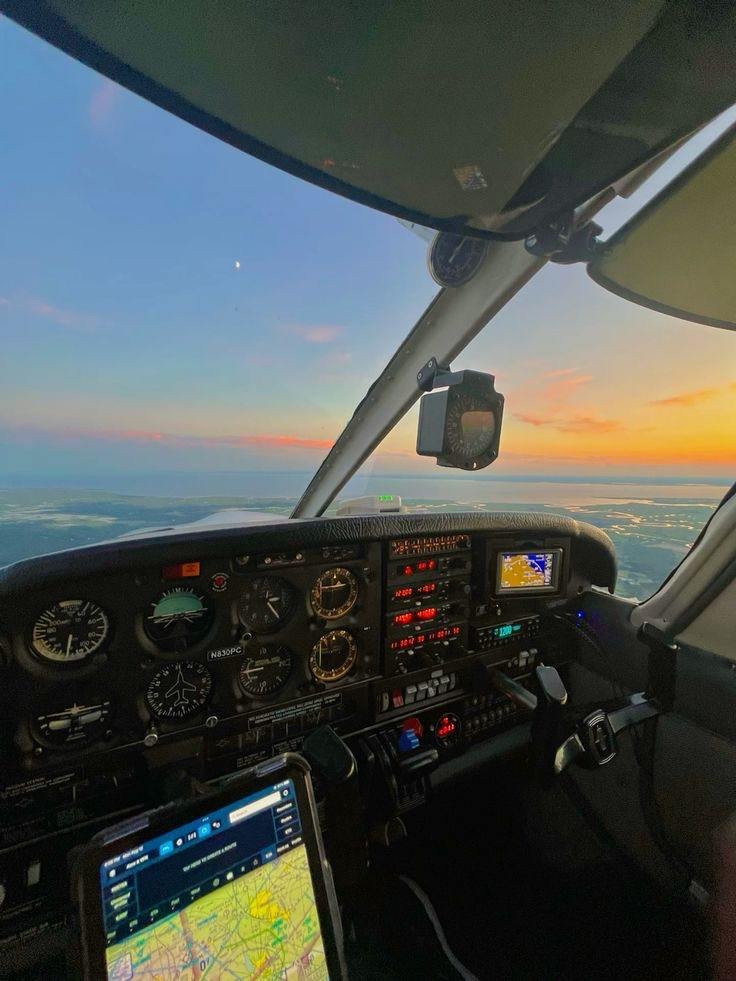
Foreign Pilot Conversion build 1500 hours of flight experience
Convert your ICAO / EASA license to FAA and take CFIs courses.
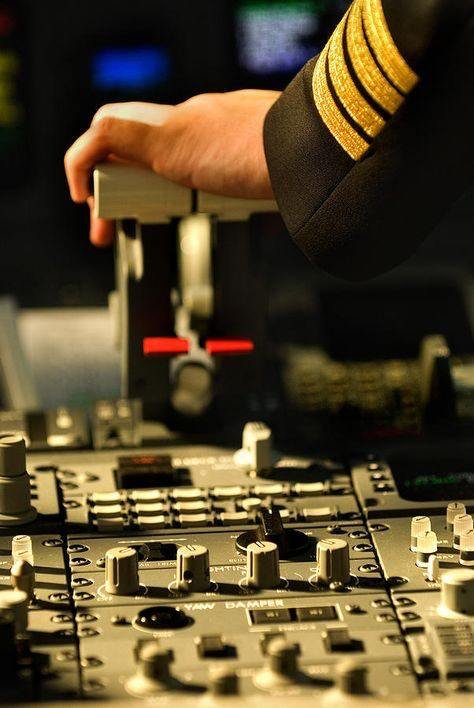
Become a CFI and build your flight expirience
Build 1500 hours airline hiring minimums.
Visa option: F1 – train, work, and gain experience in the USA
Learn more Start Flying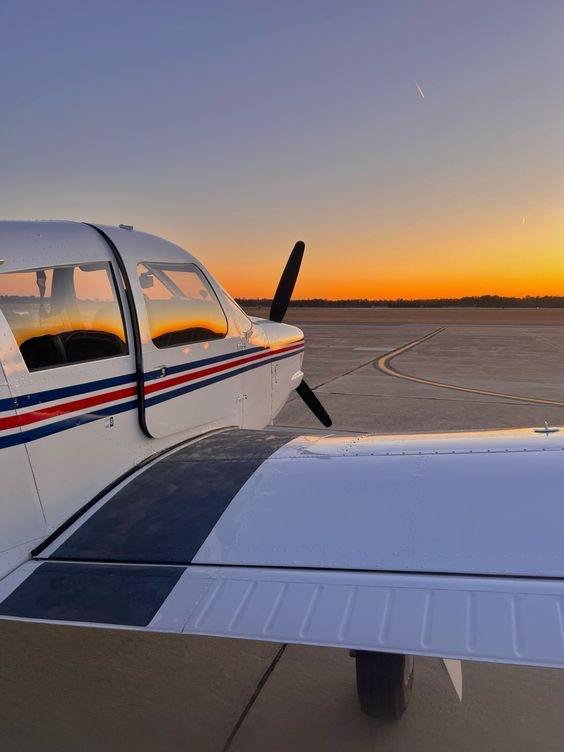
FROM PPL HOLDERS Commercial Pilot License in 10-15 months / Price $58,207 – pay after visa approval
Get Commercial Pilot License based on F1 Visa
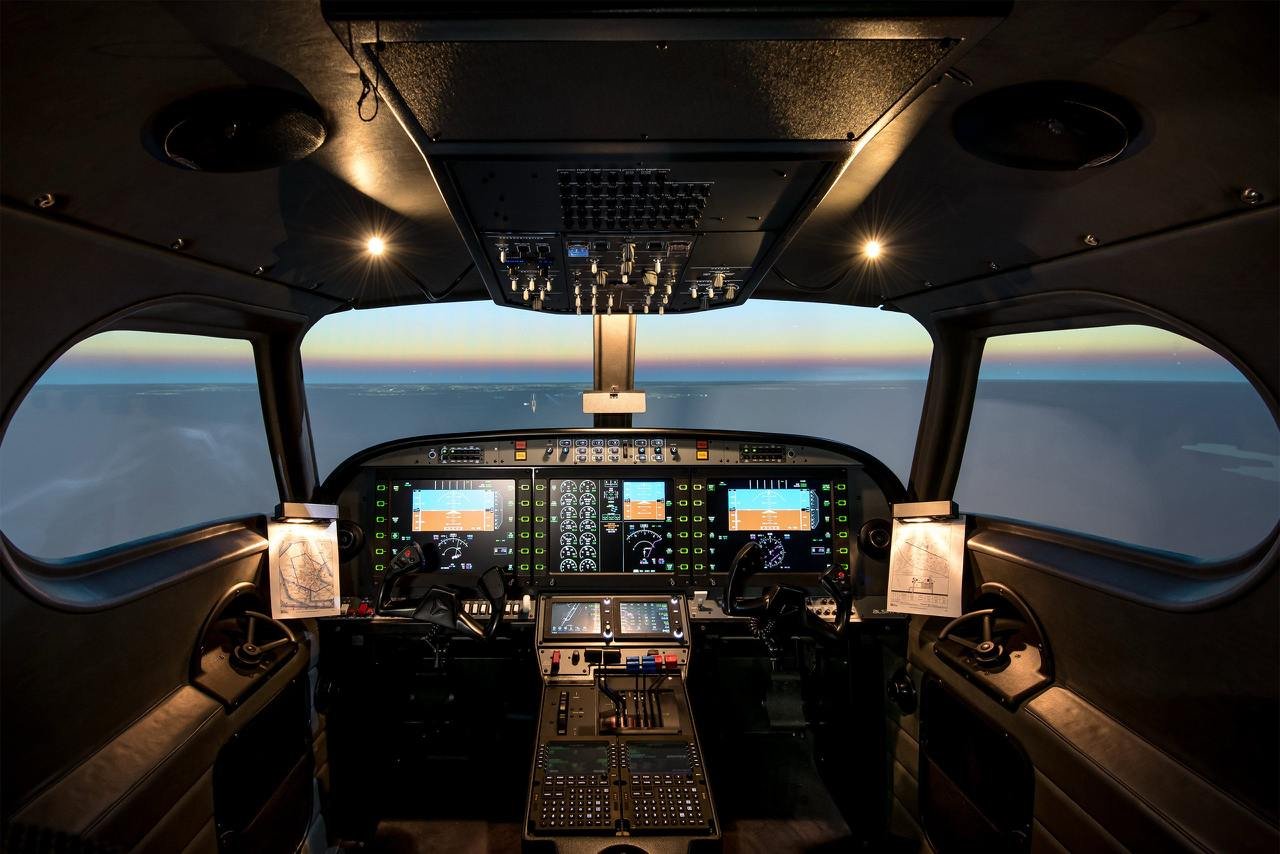
All Programs airlane and helicopter programs

Need help?
Get free consultation with our school officer about your aviation career and find the best path to your goals.
Welcome to Pelican Flight Training, Florida's premier flight school offering one of the best training programs for pilots from around the world. We offer a structured program that will take you all the way from private pilot rank to ATP and airline readiness.
In this video, you'll learn what makes our flight school so special — the passion, the professionalism, and the world-class fleet of aircraft used for training. From your first flight to becoming a professional pilot, we will be with you every step of the way.
Take a look right now and see why training at Pelican isn't just about learning — it's about transformation.
Start Flying








Want to become a pilot? Get a free consultation today!
Fill out the form and get a free PDF guide: ‘Your First Steps to an Airline Career’!
We will be happy to personally assist you in making decision for your future airline career by providing you with all the information you might need and providing answers to all of your questions. Please complete the form, and we will be in touch with you soon.